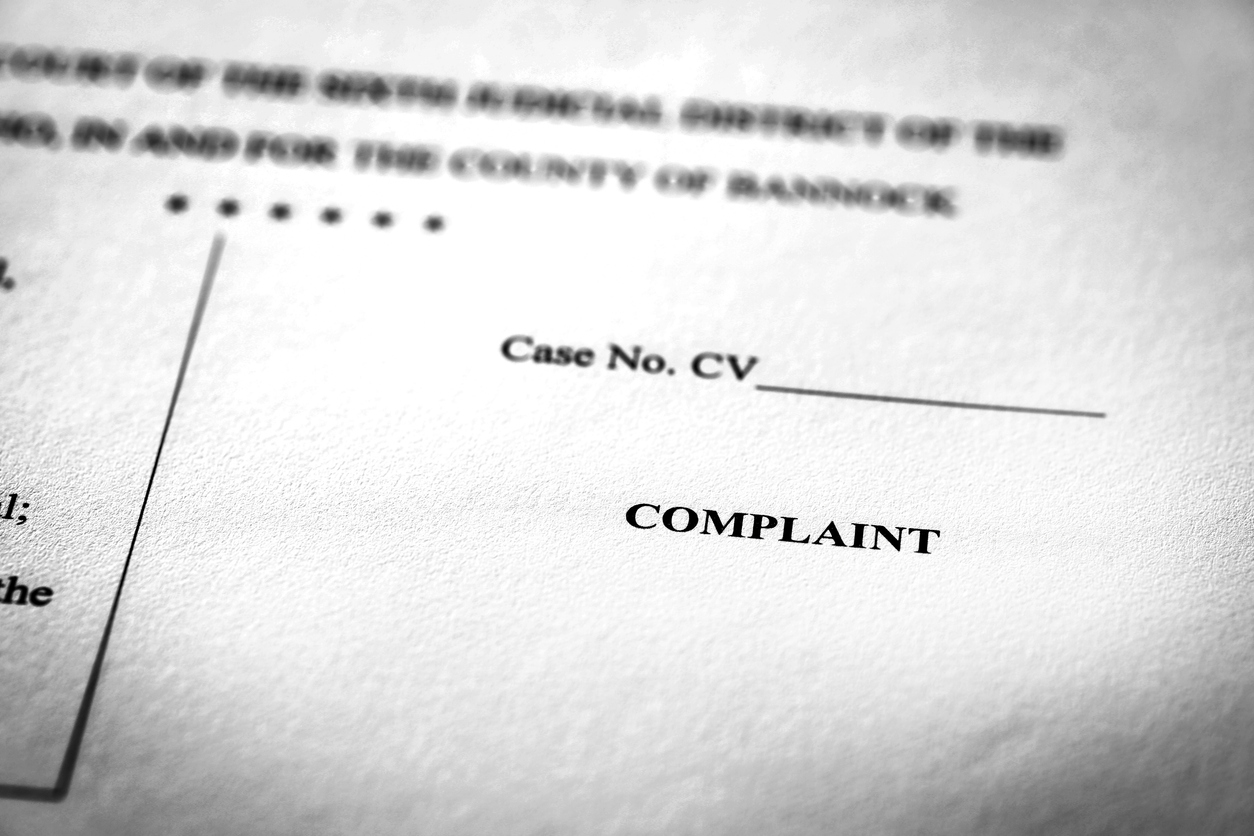At the start of a new year it’s a good idea to review your practices and procedures to ensure that your contracts are in order and still follow the letter of the law. Attorney fee agreements and public adjuster contracts are live documents and are rarely sued upon. However, Texas courts have dealt with public adjuster contracts recently and had to determine their enforceability. So, this blog will break down the rules that govern the enforceability of public adjuster contracts in a four part series.
When a property owner is in a bind and the carrier is under valuing the cost of repairs, a licensed public adjuster is on the front line for the policy holder. So, when the public adjuster does his job effectively and the insurer is forced to pay the just amount due and owing to the insured, what happens next? In a perfect world, the carrier would pay for the damage and the public adjuster would collect his 10% fee for services rendered. In an imperfect world, the property owner would sue the public adjuster to avoid paying the fee all together. This is exactly what happened in International Risk Control, LLC v. Seascape Owners Association.1
In Seascape, a former client sued its public insurance adjuster’s firm for declaratory relief that the firm was not entitled to any additional compensation under their contract. The firm counterclaimed for breach of contract. The 10th District Court, Galveston County, granted summary judgment for the client. The firm appealed to the Court of Appeals of Texas, Fourteenth District in Houston. Judge Adele Hedges, held that:
- The adjuster’s failure to include his license number in his contract did not invalidate the contract;
- the commission contract did not require the PA firm to engage in the unauthorized practice of law; and
- a fact issue existed as to whether proceeds of insured’s settlement exclusively represented damages from legal causes of action.
Here are the details: Seascape Owners Association ("Seascape") is the managing corporation of a large condominium complex on Galveston Island. In September 2008, following Hurricane Ike, Seascape encountered difficulties with the carrier so it engaged the services of International Risk Control, LLC (“IRC”), a firm of licensed public insurance adjusters. The parties executed a written contract, providing for IRC’s assistance in the preparation and presentation of Seascape’s multiple insurance claims. In return for these services, Seascape agreed to pay IRC an eight percent commission on any amounts received or collected in settlement.
Under their agreement, IRC assessed the damaged properties, estimated the costs of repairs, and presented several insurance claims on Seascape’s behalf. The claims were only partially paid by Seascape’s carrier, the Texas Windstorm Insurance Association (“TWIA”). Of the amounts received, Seascape timely paid IRC its bargained-for commission. Seascape’s remaining share was still too low, however, for it to cover the projected costs of reconstruction. Seascape decided that more claims needed to be pursued, so it retained a local law firm hoping to maximize any additional recovery.
Seascape’s new legal counsel began by reviewing IRC’s files, including the estimates and claims submitted to TWIA. Counsel determined that IRC’s work product was “rife with errors and improper calculations.” Having decided that IRC’s assistance would be “inappropriate and unhelpful in the litigation effort going forward,” counsel informed IRC that its relationship with Seascape had been terminated. IRC was also advised that all monies owed to it had been paid and that IRC would receive no further compensation.
After severing ties with IRC, Seascape filed an original petition against TWIA, asserting numerous causes of action, including fraud, breach of contract, and violations of the DTPA and Texas Insurance Code. TWIA agreed to settle the dispute outside of court for a substantial sum of money. Believing that the settlement was achieved as a result of its own work product, IRC demanded its fair share of the proceeds. IRC addressed a letter to TWIA requesting to be named as an additional payee on any amounts tendered in payment of Seascape’s insurance claims. IRC also threatened to hold TWIA liable if it failed to include IRC on any payments to Seascape.
Hoping to end this dispute, Seascape filed an original petition against IRC, seeking declaratory relief that IRC was not entitled to any additional compensation under the contract. IRC filed a counterclaim, asserting damages for breach of contract. Seascape moved for summary judgment, arguing on three separate grounds that the contract was unenforceable because it failed to comply with statutory requirements, because it illegally provided for the unauthorized practice of law, and because it violated public policy. Seascape also argued that IRC was not entitled to any share of the settlement proceeds because, by law, the scope of IRC’s commission could not extend to the claims covered by the settlement.
The trial court granted summary judgment in Seascape’s favor. In its final modified order, the court concluded that the contract between the parties was unenforceable, agreeing with the first and third bases of Seascape’s motion, but expressing no opinion on the contract’s illegality. The court ordered that IRC take nothing on its counterclaims, concluding that the settlement proceeds did not constitute a “claim” for which it could legally recover. The court also ordered IRC to pay Seascape reasonable attorney’s fees. IRC timely filed an appeal, challenging every basis for summary judgment argued in Seascape’s motion, including the award of attorney’s fees.
Tommow I’ll discuss the failure to include the adjuster license number on the contract, as required by Texas regulations.



